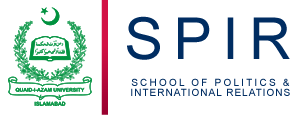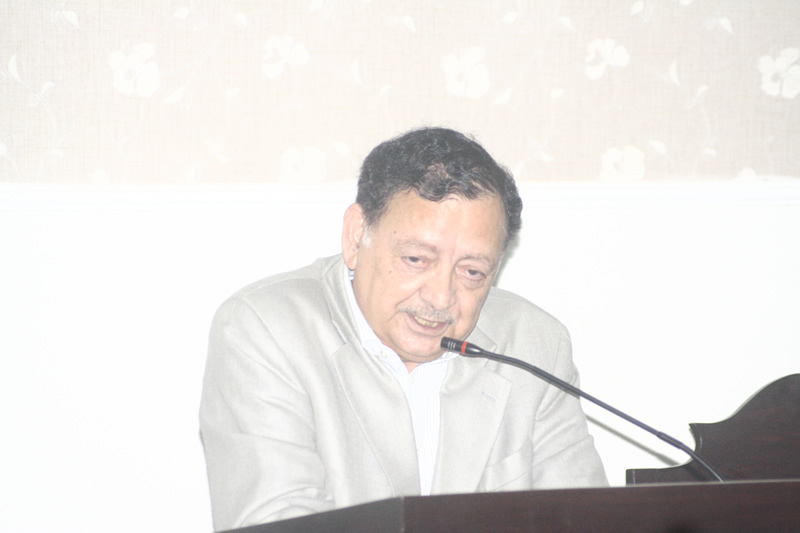Political conflict in Pakistan is manifesting itself in three realms, namely, religious versus liberal forces, civil-military relations, and centre-periphery tussle over resource sharing, says Dr Mohammad Waseem, Professor of Political Science at LUMS and former Chair of IR Department, QAU.
In a SPIR seminar on April 18, 2016, Dr Waseem said that the present civilian era in Pakistan is marked by two opposing trends. At one end, the structural dynamics of post-military state are characterized by smooth transition from one democratically elected regime to another through the 2013 elections, four provincial governments being led by different political parties, independent judiciary, a hyperactive electronic media and intense mobilization of various social and political groups.
According to him, the on-going legal, institutional, formal and deliberative forms of public life belie the doomsday scenario of a failing state. At the other end, the graph of operational dynamics of governance has grossly fallen.
He further said that two major factors are at play here: first, the lack of will or capacity of the state establishment to eliminate terrorism carried out under Islamic cover in all of its forms and manifestations; and, second, the simmering tension in civil-military relations over unresolved issues such as relations with India, in particular the military’s re-assertion after late 2014 protests and subsequent terrorist incidents in Peshawar and elsewhere. Which one of these two trends prevails will determine the future of democracy in Pakistan.
Dr Waseem said that the issue of governance must be addressed with the full institutional-constitutional authority of the state. For the purpose, the state establishment has to rethink the role of the political class as a stabilizing force, democracy as the only game in town, parallel centres of power as disastrous, harbouring terrorists as suicidal, politics of proxies as a recipe for instability, casting aspersions on citizens’ patriotism as undesirable, as well as follow, rather than lead peoples’ aspirations.
Otherwise, he argued, Pakistan’s its long-standing conflicts rooted in the perennial civil-military contestation for power, which have already acquired a new level of intensity and brutality, will not only threaten the sovereign existence of the country but also destabilize the regional order.

